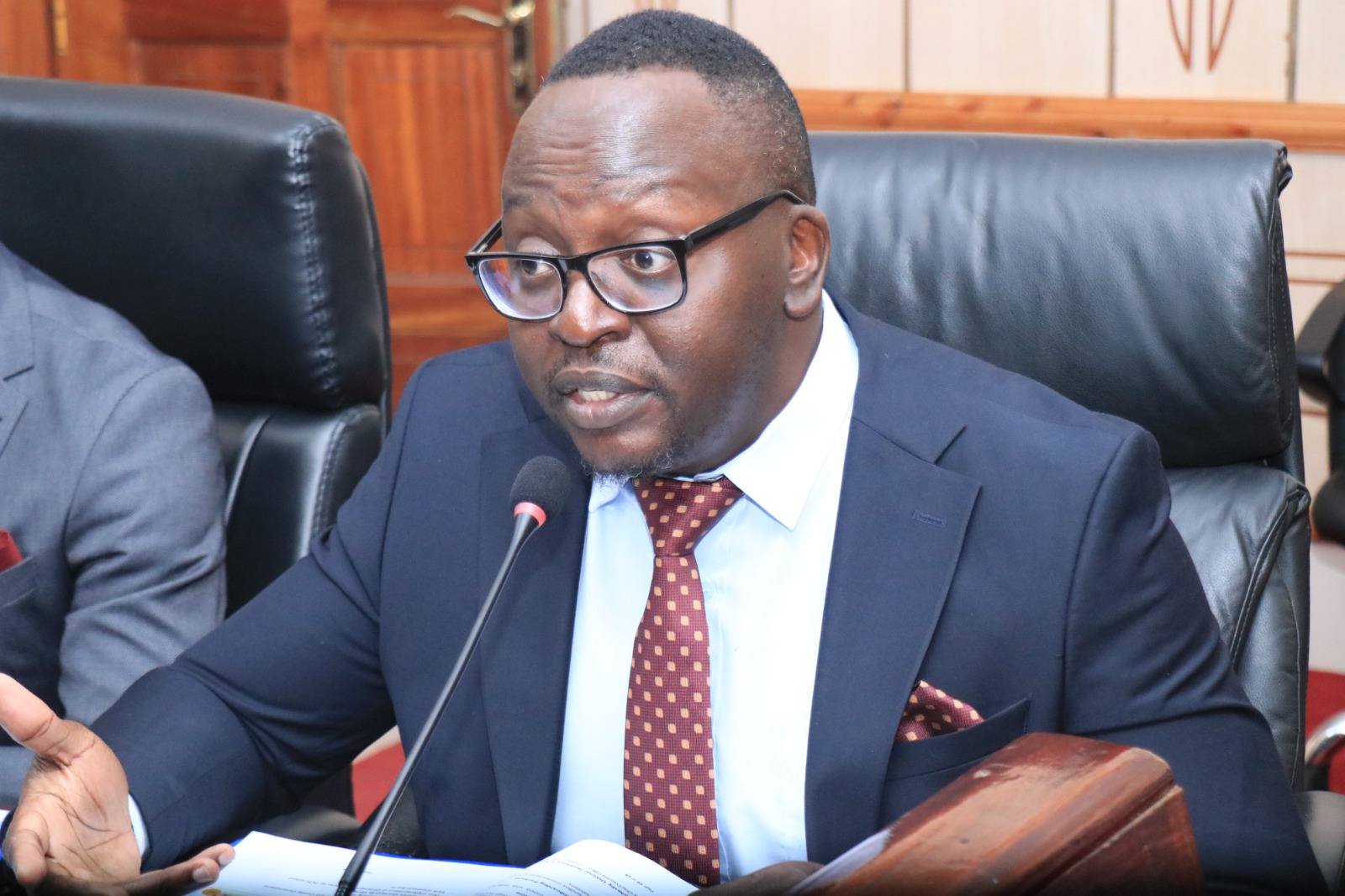Private health facilities have raised concern over prolonged delays in processing and settling claims under the Social Health Authority (SHA), warning that the inefficiencies are putting a strain on service delivery and threatening the future of Universal Health Coverage (UHC).
The Rural and Urban Private Hospitals Association of Kenya (Rupha) told the National Assembly’s Health Committee that more than half of the claims submitted by its members—about 53 per cent—remain unpaid, mainly due to delayed responses and poor communication from third-party handlers engaged by SHA.
Rupha chairperson Dr Brian Lishenga, who appeared before the committee, said the situation has become increasingly difficult as facilities are unable to follow up or get clarity on their pending claims because the processing has been outsourced.
He, however, did not reveal the total amount pending.
“We are experiencing challenges in handling of claims because it is being done by a third party to the extent that if a hospital has an issue, it does not know who to contact because it is outsourced. When you have claims pending, you hardly get the answers and 90 per cent of those made have not been paid. We ask the committee to help us entangle the claims management,” Lishenga said.
The association cautioned that the ongoing delays, coupled with weak implementation systems, financial gaps and lack of transparency, could derail the government’s efforts to achieve universal health access.
The committee, chaired by Seme MP James Nyikal, has been engaging private and faith-based health institutions on the rollout of UHC, the shift to SHA, and other relevant policy matters.
Dr Lishenga urged lawmakers to support the adoption of a hybrid digital health model that combines the SHA provider portal with integrated health technologies to boost innovation, compliance and independence for health providers.
“We support a national strategy that blends the strengths of SHA provider portal model with those of Integrated Health Technology Systems, ensuring compliance, innovation and provider autonomy,” he said.
To improve accountability and streamline operations, the association called for a structured accreditation system and proposed that the Digital Health Agency (DHA) be tasked with accrediting technology vendors.
They said criteria should include features like biometric verification to ensure that both local and experienced vendors can fairly compete.
In addition, Rupha wants SHA to implement machine-readable rules in their operations, including clear benefit packages, preauthorization rules, and documented policy changes.
This, they argued, would reduce billing confusion and avoid unexpected compliance issues.
They pointed to Section 35 of the Social Health Insurance Fund (SHIF) Act, which calls for the creation of a Claims Management Office.
This office is expected to handle reviewing, processing and validating claims from health providers, issue pre-authorisations, and develop an electronic claims management system.
It would also be responsible for putting in place fraud detection and control mechanisms tailored to the fund’s risk profile.
